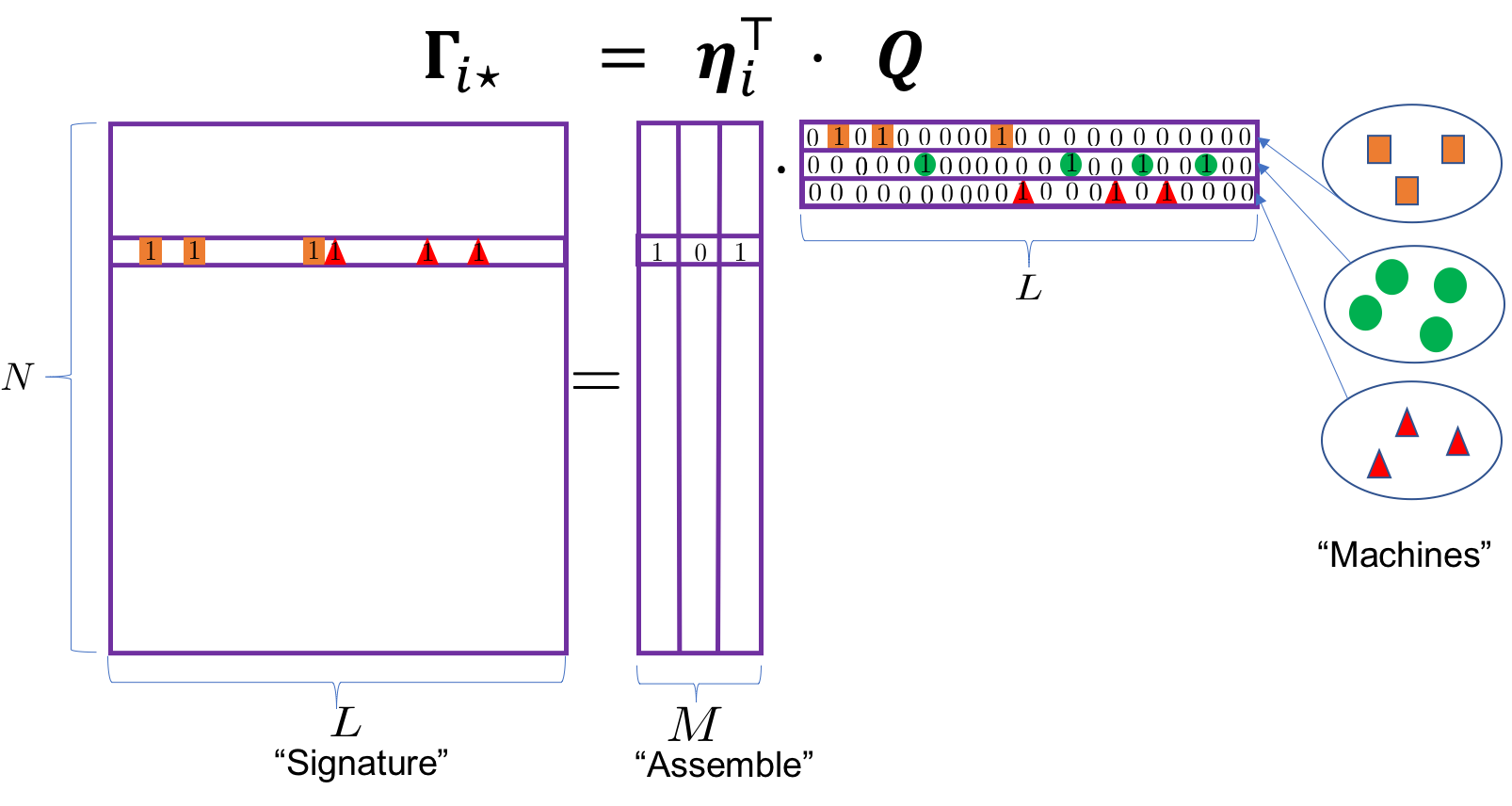rewind: Reconstructing Etiology with Binary Decomposition
An R package for fitting Bayesian restricted latent class models.
Maintainer: Zhenke Wu, zhenkewu@umich.edu
References: If you are using rewind for clustering multivariate binary observations with restricted latent class models that accounts for differential measurement errors, please cite the following paper:
| Citation | Paper Link | |
|---|---|---|
| Bayesian restricted LCM | Wu Z, Casciola-Rosen L, Rosen A, Zeger SL (2018+), A Bayesian Approach to Restricted Latent Class Models for Scientifically-Structured Clustering of Multivariate Binary Outcomes. Working Paper. | Link |
install.packages("devtools",repos="https://cloud.r-project.org")
devtools::install_github("zhenkewu/rewind")If you have compiled locally prior to updating your system (e.g., OSX), you
may encounter issues that cause R to crash. This is likely because the new
system has caused a corrupted link of the package to the Rcpp functions. A quick
fix is to delete the .o and .so files in the src/ folder and rebuild the package.
If this does not work, try install.packages("Rcpp",type="source")
and install.packages("RcppArmadillo",type="source") first and re-build the package.
In this paper, we propose a general framework for combining evidence of varying quality to estimate underlying binary latent variables in the presence of restrictions im- posed to respect the scientific context. The resulting algorithms cluster the multivariate binary data in a manner partly guided by prior knowledge. The joint distribution of the multivariate binary measurements is assumed to depend on unobserved binary states such as the true presence or absence of pathogens in epidemiology, or of antibodies in medicine, or the true “ability” to correctly answer test questions in psychology. The primary model assumptions are that 1) subjects belong to latent classes defined by unobserved binary states, 2) a binary design matrix Γ specifies the relevant features in each class, and 3) observations are independent given the latent class but can have different error rates. Conditions ensuring parameter identifiability from the likelihood function are discussed and inform the design of a novel posterior inference algorithm that simultaneously estimates the number of clusters, design matrix Γ, and model parameters. In finite samples and dimensions, we propose prior assumptions so that the posterior distribution of the number of clusters and the patterns of latent states tend to concentrate on smaller values and sparser patterns, respectively. The model readily extends to studies where some subjects’ latent classes are known or important prior knowledge about differential measurement accuracy is available from external sources. The methods are illustrated with an analysis of protein data to detect clusters representing auto-antibody classes among scleroderma patients.
rewind can integrate prior scientific knowledge on model parameters such as measurement error rates, partial knowledge about members of clusters (e.g., controls without lung infection in childhood pneumonia etiology studies, or partial knowledge of Γ.
